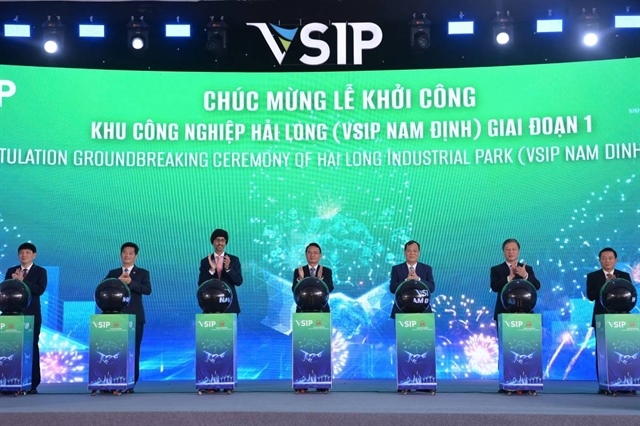US property purchases on shaky legal grounds
US property purchases on shaky legal grounds
According to experts, the estimated $3 billion spent by Vietnamese people to purchase US residential property could have been transferred largely through illegitimate ways.

The “Profile of International Activity in US Residential Real Estate” report by the US National Association of Realtors (NAR) showed that between April 2016 and March 2017, Vietnamese people spent up to $3 billion buying residential property in the US.
Currently, money for buying real estate cannot be transferred through normal banking channels, which begs the question: how did these Vietnamese buyers transfer money abroad to buy real estate?
According to Vietnam’s Law on Foreign Exchange Management of 2005 (amended in 2013), Vietnamese people can only transfer money overseas under prescribed circumstances, such as carrying a maximum of $5,000 or equivalent when going through border checkpoints. Additionally, Vietnamese people can transfer money overseas through banking, to pay for tuition or medical expenses, though the amount is usually quite small.
Nguyen Hung, CEO of TPBank, was quoted as saying on vnexpress.net that money transferred overseas to purchase property may go through illegitimate channels, as banks only accept legal transactions and the amount is not so large usually .
“Maybe they transferred money through other means and not through banks. The State Bank of Vietnam will surely make moves to control outgoing flows of foreign currency,” said Hung.
From a financial perspective, Dr Nguyen Tri Hieu commented that there are many illegitimate ways Vietnamese could have transferred money overseas to buy property, such as through friends and families, but this is unlikely, since the Law on Foreign Exchange Management only allows carrying up to $5,000 when travelling abroad.
Alternatively, they can disguise it as legal transactions, like tuition or medical expenses, but the transferrable amount is not much and it might take years to collect enough money to pay for a house. As such, this method also seems unlikely.
Surprised by the amount of money Vietnamese people have spent on real estate in the US, the director of a real estate firm in Hanoi said that $3 billion is a considerable amount which would greatly benefit the economy if used in business. When using this amount on US properties, not only does it not benefit the economy, but it also causes losses of foreign currency in the country.
“I was quite concerned when I heard that Vietnam is one of the top residential property buyers in the US,” he said.
The US real estate market is on the rise, but whatever method Vietnamese people are using to buy US residential property, they still face a considerable amount of risks, according to experts. These include legal, ownership, and market risks.
“Even if the money is not delivered in the US, Vietnamese people cannot be sure, regardless of whether or not a contract was involved. Since this is considered money laundering, the buyer or investor does not have grounds to sue,” Dr Hieu warned.























